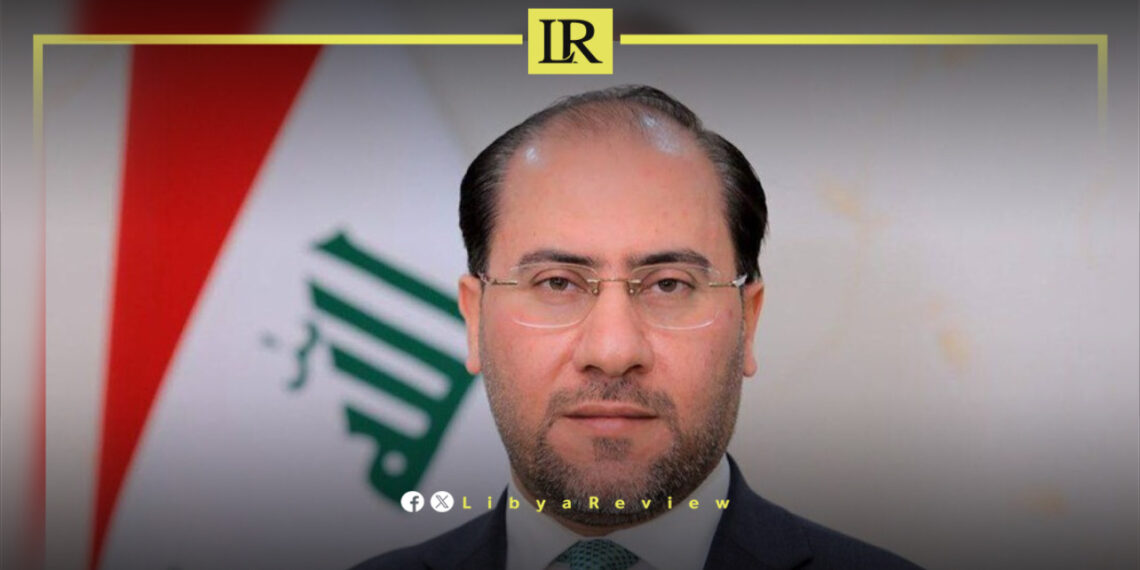Iraq’s Ambassador to Libya, Ahmed Al-Sahaf, announced that around 60 irregular Iraqi migrants, who had entered Libya about a month ago, have been located and secured in the western region of Tripoli, ahead of their voluntary return to Iraq.
In remarks cited by Libya 24, the ambassador confirmed that the embassy is coordinating with Libyan authorities to ensure the migrants’ safety and protection.
Al-Sahaf noted that some of the migrants are minors, describing this as a pressing humanitarian challenge. He added that the embassy is working in coordination with Iraq’s Ministry of Foreign Affairs and the Kurdistan Regional Government to provide humanitarian and medical assistance, while facilitating their voluntary repatriation.
The ambassador also warned of the serious dangers facing irregular migrants, stressing that many journeys begin through digital platforms outside official channels, leaving migrants vulnerable to smuggling networks.
Libya has been in chaos since a NATO-backed uprising toppled longtime leader Muammar Gaddafi in 2011. The county has for years been split between rival administrations.
Libya’s economy, heavily reliant on oil, has suffered due to the ongoing conflict. The instability has led to fluctuations in oil production and prices, impacting the global oil market and Libya’s economy.
The conflict has led to a significant humanitarian crisis in Libya, with thousands of people killed, and many more displaced. Migrants and refugees using Libya as a transit point to Europe have also faced dire conditions.
The planned elections for December 2021 were delayed due to disagreements over election laws and the eligibility of certain candidates. This delay has raised concerns about the feasibility of a peaceful political transition.
Despite the ceasefire, security remains a significant concern with sporadic fighting and the presence of mercenaries and foreign fighters. The unification of the military and the removal of foreign forces are crucial challenges.


